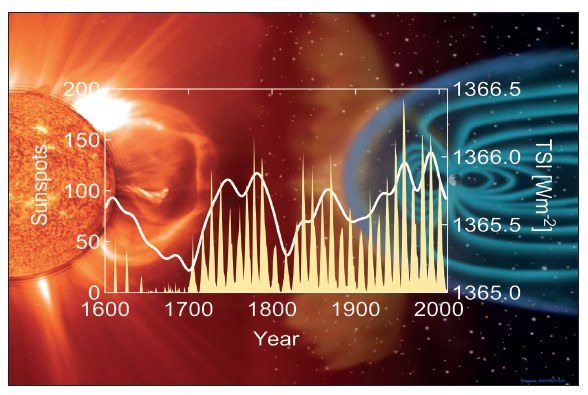- Joined
- Jan 28, 2013
- Messages
- 94,823
- Reaction score
- 28,342
- Location
- Williamsburg, Virginia
- Gender
- Male
- Political Leaning
- Independent
From the link in #600:
[h=3]Mojib Latif: three statements, three times totally off the mark[/h]By Die kalte Sonne
(German text translated by P Gosselin)
At the end of the year, it’s usual to take a look back. That’s what we wish to do at this blog.
Leading German climate scientist Mojib Latif made three historical statements in 2012 that are worth remembering. How much truth was there in his statements of that time?
STATEMENT 1:
Mojib Latif on December 4, 2012 in the talkshow “Pelzig hält sich”:

[h=3]Mojib Latif: three statements, three times totally off the mark[/h]By Die kalte Sonne
(German text translated by P Gosselin)
At the end of the year, it’s usual to take a look back. That’s what we wish to do at this blog.
Leading German climate scientist Mojib Latif made three historical statements in 2012 that are worth remembering. How much truth was there in his statements of that time?
STATEMENT 1:
Mojib Latif on December 4, 2012 in the talkshow “Pelzig hält sich”:
I want to say one thing again. I would be glad if it were the sun. Then we really could do nothing. Yes. But it is not that. If you look at the sun’s radiation, the sun has been weaker for 50 years. And how is a weakening sun supposed to cause massive warming?”
False. The sun has actually become stronger in the last 50 years when one considers the total solar irradiance (TSI – white curve in the diagram), which also includes cosmic rays and the solar magnetic field.

Figure: Development of solar activity over the past 400 years. White curve shows total solar irradiance (TSI), yellow peaks mark sunspots. Source: PAGES2K website, downloaded in 2016.

